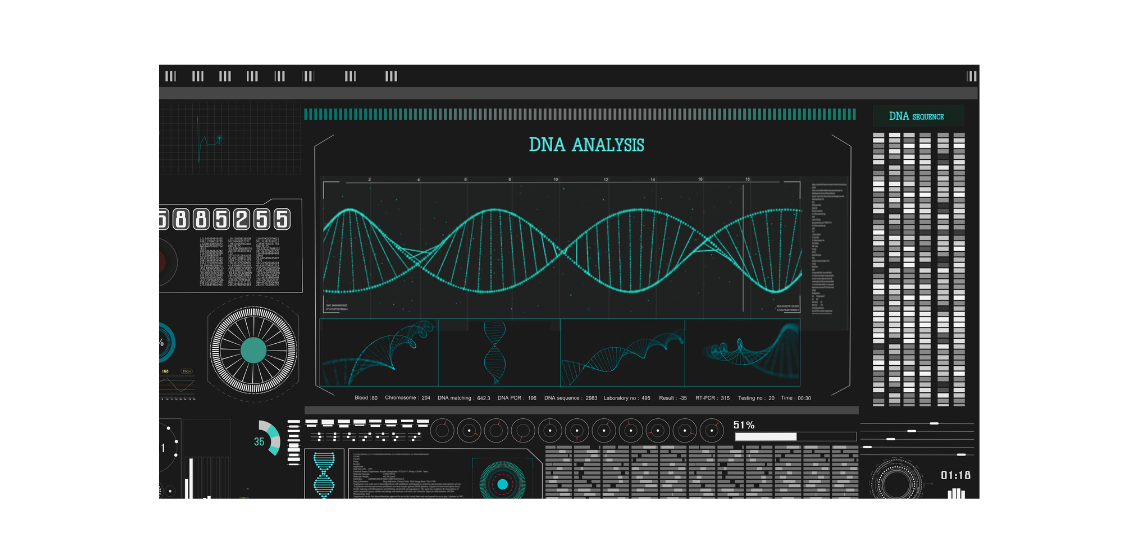Imagine the heart-stopping moment when you hear those dreaded words: “You have cancer.” It’s a diagnosis that shakes anyone to their core. But what if we told you that not all cancers are the same? That some cancers have very little chance of ever impacting your quality of life, but that due to our current approach to care, will result in unnecessary procedures, painful treatments, and negative consequences.
In a recent New York Times article written by the WISDOM Study’s Founder and breast surgeon Dr. Laura Esserman and urologic oncologist Dr. Scott Eggener, the oncologists challenge the traditional view of cancer. They argue that as our understanding of the disease has evolved, our definition of cancer needs a serious update. The term “cancer” has its origins dating back 2,500 years, but today, we diagnose it using highly sensitive technologies, and are increasingly identifying conditions that might have gone undetected without any issues. This phenomenon of “overdiagnosis” is a well-documented consequence of screenings for breast and prostate cancer.
The heart of the issue lies in the fact that not all cancers behave the same way. Take Gleason 6 prostate cancer or ductal carcinoma in situ (D.C.I.S.) in breast cancer, for example. These conditions are often classified as low-risk, and they account for a significant portion of cancer diagnoses, around 20 to 25 percent in the United States. However, patients with these cancers are often subjected to aggressive treatments like surgery or radiation, despite their conditions being non-life-threatening and symptom-free at the time of diagnosis.
The doctors propose two approaches to tackle this issue. The first is personalized screenings, tailored to an individual’s risk factors. This method could replace the one-size-fits-all approach relying on annual mammograms based on age. And instead, identify who is at risk for what types of cancers, customize a plan on when and how often to screen, and focus on both prevention and early detection of fast growing cancers. The second approach is active surveillance, where early-stage cancers are closely monitored but not treated until necessary. This method is already gaining traction in early-stage prostate cancer, with Sweden leading the way.
Click HERE to read the article in the New York Times.



